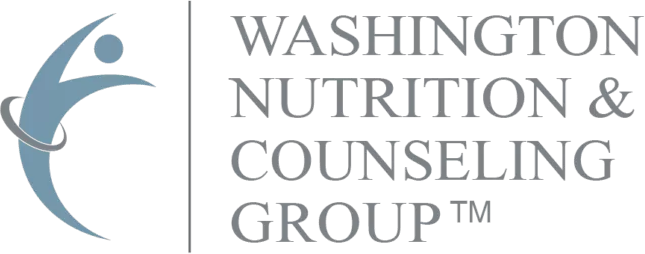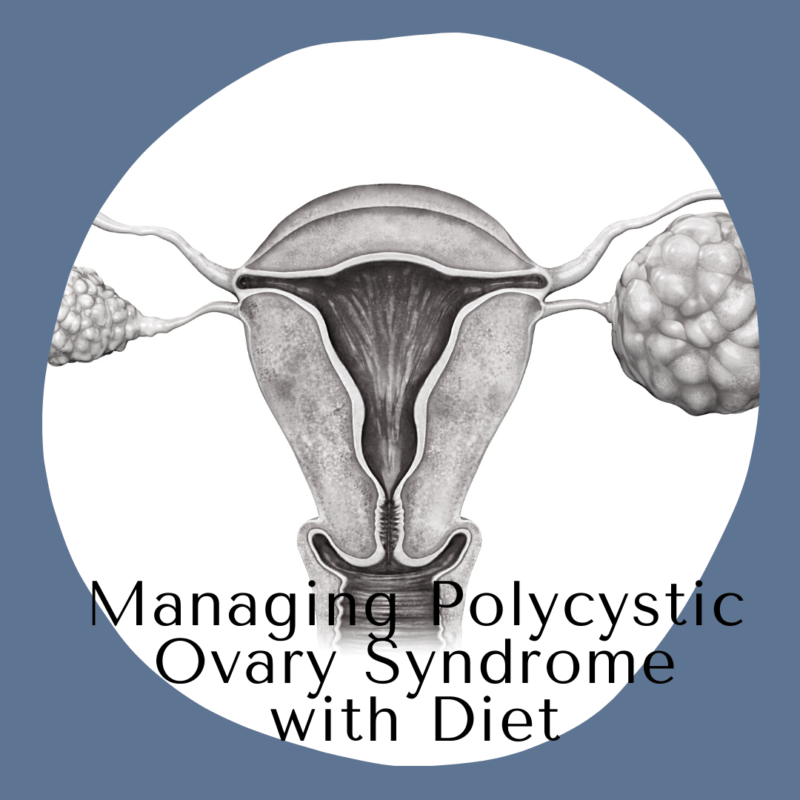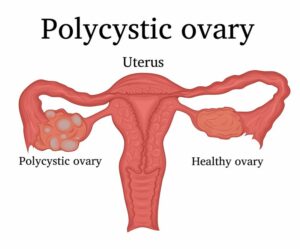Many medical conditions can be positively or negatively affected by your diet. Some of the more well-known medical conditions affected by diet include diabetes, high blood pressure, and high cholesterol. However, did you know that polycystic ovary syndrome (PCOS) can also be affected by what you eat on a daily basis. In fact, making certain dietary changes can even help to manage symptoms associated with PCOS.
Polycystic ovary syndrome occurs when the body overproduces the male sex hormones known as androgens. While it is normal for androgens to be present, high concentrations of these hormones can cause multiple cysts to form on the ovaries. Additionally, it can cause irregular periods, skipped periods, hair growth on the face and body, and baldness. PCOS can also make it harder to get pregnant.
In many women, increased levels of androgens have been associated with increased levels of insulin. Insulin is a hormone produced by the pancreas used to convert sugar to energy. However, individuals who do not produce enough insulin or who are insulin resistant have higher blood sugar levels since the sugar is not being converted effectively. Unfortunately, high blood sugar levels cause the body to produce more insulin. Having too much insulin then causes the body to produce more androgens.
Since increased androgen production is associated with an increase in insulin, PCOS can also put women at risk for developing metabolic syndrome. Metabolic syndrome is a combination of high cholesterol, high blood sugar, and high blood pressure that increases the risk of type II diabetes, heart disease, and stroke. Obesity can further increase the risk, as well as the severity of symptoms associated with PCOS.
Luckily, there are some dietary changes that can be made to help manage the condition effectively. For starters, it is recommended to avoid a diet high in refined carbohydrates, like starches and sugars, since this makes it harder to control insulin resistance and PCOS symptoms. Instead, keep reading to learn more about some foods you should add to your diet.
High-Fiber Foods
Dietary fiber helps to slow down digestion, which reduces the effects of sugar on the blood. This helps to combat insulin resistance and reduce PCOS symptoms. Some ideal high-fiber foods to add to your diet include:
- Broccoli
- Cauliflower
- Brussels sprouts
- Beans and lentils
- Winter squash
- Pumpkin
- Green and red peppers
- Leafy greens like red leaf lettuce and arugula
- Almonds
- Berries
Lean Proteins
Lean proteins are both healthy and filling. They provide a good source of protein, while also being lower in fat and calories than other types of proteins. Some ideal lean proteins to add to your diet include:
- Tofu
- Chicken & turkey (skinless)
- Fish
Foods that Reduce Inflammation
While inflammation is beneficial to help the body defend itself against infections, chronic inflammation does more harm than good. In fact, chronic inflammation is associated with weight gain against medical weight loss and various medical conditions. Therefore, eating foods that fight inflammation can be beneficial to your overall health. These anti-inflammatory foods include:
- Turmeric
- Blueberries and strawberries
- Almonds and walnuts
- Kale
- Spinach
- Fatty fish (salmon and sardines
- Olive oil
- Tomatoes
One-on-one nutrition counseling sessions for PCOS are available with one of our licensed dietitian nutritionists. To schedule an appointment at one of our office locations or through our secure HIPPA compliant virtual telehealth system with your computer, smart tablet, or phone, please contact us.




